Isoptin 2.5mg Injection
Isoptin 2.5mg/mL is a sterile, nonpyrogenic injectable solution containing verapamil hydrochloride 2.5 mg/mL and sodium chloride 8.5 mg/mL in water for injection. It is supplied in single-dose vials in the following configurations:
- 2 mL vial containing 5 mg (NDC 67850-071-00)
- 4 mL vial containing 10 mg (NDC 67850-072-00)
The recommended intravenous dose in adults is:
- Initial dose: 5-10 mg (0.075-0.15 mg/kg) given as a slow IV bolus over at least 2 minutes
- Repeat dose: 10 mg (0.15 mg/kg) 30 minutes after the first dose if the initial response is inadequate
In the elderly, the dose should be administered over at least 3 minutes to minimize adverse effects.Isoptin injection is indicated for:
- Tachycardias such as paroxysmal supraventricular tachycardia, atrial fibrillation with rapid ventricular response, atrial flutter with rapid conduction, and extrasystoles
- Prophylaxis and/or therapy of ectopic arrhythmias in halothane anesthesia and in the application of adrenaline in halothane anesthesia
- Acute hypertension and acute coronary insufficiency
Verapamil injection should be given as a slow IV injection under continuous ECG and blood pressure monitoring. It is contraindicated in cardiogenic shock, complicated acute MI, 2nd/3rd degree AV block, sick sinus syndrome, and manifest heart failure.
Original price was: ₨2,500.00.₨1,999.00Current price is: ₨1,999.00.
Description
Isoptin 2.5mg/mL is a sterile, nonpyrogenic injectable solution containing verapamil hydrochloride 2.5 mg/mL and sodium chloride 8.5 mg/mL in water for injection. It is supplied in single-dose vials in the following configurations:
- 2 mL vial containing 5 mg (NDC 67850-071-00)
- 4 mL vial containing 10 mg (NDC 67850-072-00)
The recommended intravenous dose in adults is:
- Initial dose: 5-10 mg (0.075-0.15 mg/kg) given as a slow IV bolus over at least 2 minutes
- Repeat dose: 10 mg (0.15 mg/kg) 30 minutes after the first dose if the initial response is inadequate
In the elderly, the dose should be administered over at least 3 minutes to minimize adverse effects.Isoptin injection is indicated for:
- Tachycardias such as paroxysmal supraventricular tachycardia, atrial fibrillation with rapid ventricular response, atrial flutter with rapid conduction, and extrasystoles
- Prophylaxis and/or therapy of ectopic arrhythmias in halothane anesthesia and in the application of adrenaline in halothane anesthesia
- Acute hypertension and acute coronary insufficiency
Verapamil injection should be given as a slow IV injection under continuous ECG and blood pressure monitoring. It is contraindicated in cardiogenic shock, complicated acute MI, 2nd/3rd degree AV block, sick sinus syndrome, and manifest heart failure.
Unique Characteristics
- Concentrated injectable formulation – Isoptin injection contains 2.5 mg/mL of verapamil, allowing for lower volume administration compared to some other injectable calcium channel blockers.
- Rapid onset of action – The IV administration of Isoptin allows for a rapid onset of action, typically within 1-5 minutes, making it useful for emergency situations.
- Versatile indications – In addition to treating tachycardias, Isoptin injection is also indicated for prophylaxis and treatment of arrhythmias associated with halothane anesthesia, as well as for acute hypertension and acute coronary insufficiency.
Administration Considerations
- Slow IV injection – Isoptin must be administered as a slow IV injection over at least 2-3 minutes to minimize the risk of adverse effects like hypotension and AV block.
- Monitoring required – Continuous ECG and blood pressure monitoring is necessary during and after Isoptin administration due to its potent cardiovascular effects.
- Dose adjustment in elderly – The recommended initial dose is lower (5 mg) and the injection should be given over at least 3 minutes in elderly patients.
Safety Profile
- Contraindications – Isoptin is contraindicated in patients with cardiogenic shock, complicated acute MI, advanced AV block, sick sinus syndrome, and manifest heart failure.
- Adverse effects – Common adverse effects include hypotension, AV block, bradycardia, and heart failure, which can be severe. Close monitoring is essential.
Key Benefits
- Rapid onset of action within 1-5 minutes when administered intravenously
- Effective for treating various tachycardias, including paroxysmal supraventricular tachycardia, atrial fibrillation with rapid ventricular response, atrial flutter with rapid conduction, and extrasystoles
- Indicated for prophylaxis and treatment of arrhythmias associated with halothane anesthesia
- Can be used for acute hypertension and acute coronary insufficiency
Key Ingredients
- Verapamil hydrochloride 2.5 mg/mL
- Sodium chloride 8.5 mg/mL
- Water for injection
Verapamil hydrochloride is a calcium channel blocker that inhibits the transmembrane influx of calcium ions into the heart and vascular smooth muscle cells, thereby reducing myocardial oxygen demand and enhancing myocardial blood flow.The concentrated 2.5 mg/mL formulation allows for lower volume administration compared to some other injectable calcium channel blockers. Sodium chloride is included as an excipient. The key mechanism of action of Isoptin 2.5mg Injection (verapamil hydrochloride) is:Verapamil is a calcium channel blocker that inhibits the transmembrane influx of calcium ions into the heart and vascular smooth muscle cells. This results in the following effects:
- Reduced myocardial oxygen demand – Verapamil directly lowers the energy-consuming metabolic processes of the myocardial cells.
- Enhanced myocardial blood flow – Verapamil dilates the main coronary arteries and coronary arterioles, even in post-stenotic areas, and relieves coronary spasms.
- Antiarrhythmic effects – Verapamil delays impulse conduction in the AV node, which can help restore sinus rhythm and/or normalize ventricular rate depending on the type of arrhythmia.
- Antihypertensive effects – Verapamil decreases peripheral vascular resistance without increasing heart rate as a reflex response.
structural formula is given:
C27H38N2O4•HCl
This formula indicates that verapamil contains:
- A benzene ring (C6H6)
- Two methoxy groups (OCH3) attached to the benzene ring
- An ethyl group (CH2CH3) attached to the benzene ring
- A propyl group (CH2CH2CH3) with a tertiary amine (N(CH3))
- An isopropyl group (CH(CH3)2)
- A nitrile group (CN)
Dosage
- Adults: The recommended intravenous dose is 5-10 mg (0.075-0.15 mg/kg) given as a slow IV bolus over at least 2 minutes. A repeat dose of 10 mg (0.15 mg/kg) can be given 30 minutes after the first dose if the initial response is inadequate.
- Elderly: The dose should be administered over at least 3 minutes to minimize the risk of adverse effects.
- Pediatrics:
- Newborns: 0.75-1 mg (0.3-0.4 mL)
- Infants: 0.75-2 mg (0.3-0.8 mL)
- Children 1-5 years: 2-3 mg (0.8-1.2 mL)
- Children 6-14 years: 2.5-5 mg (1-2 mL)
- For IV infusion in hypertensive crises, the initial dose is 0.05-0.1 mg/kg/hour, increasing at 30-60 minute intervals up to an average total dose of 1.5 mg/kg/day.
Storage
- Isoptin injection is a sterile, nonpyrogenic solution that should be inspected visually for particulate matter and discoloration prior to administration.
- It is physically compatible and chemically stable for at least 24 hours at 25°C protected from light in most common large volume parenteral solutions.
- The product should be used only if the solution is clear and the vial seal is intact. Unused portions should be discarded immediately.
Reviews
The search results do not contain any direct reviews or feedback on Isoptin 2.5mg Injection. The information provided focuses on the product details, dosage, and administration. No subjective user experiences or ratings were found.

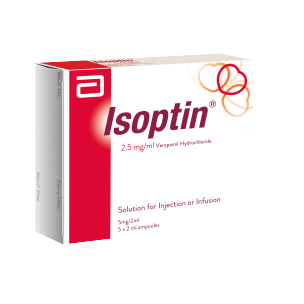

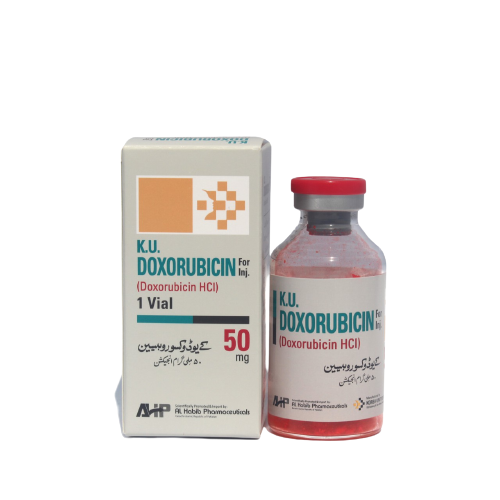
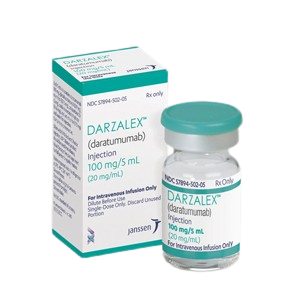
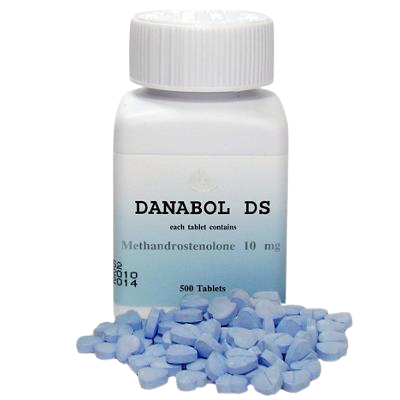

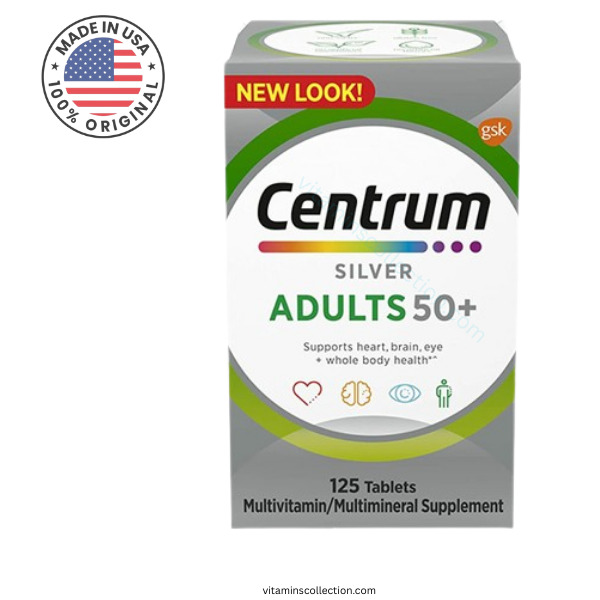
Reviews
There are no reviews yet.